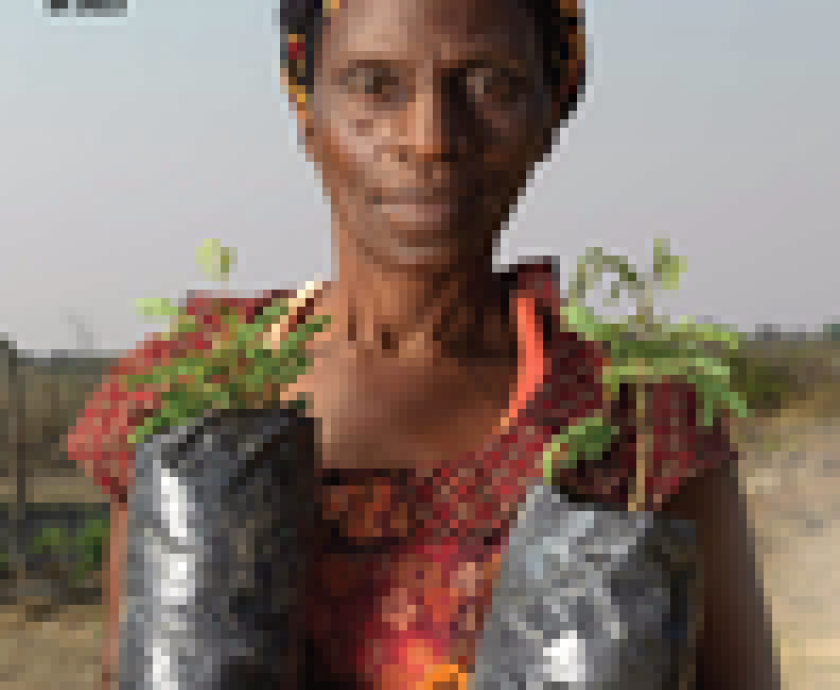Click to expand Image
Protesters hold up signs prior to passage of a new Indonesian criminal code that will ban sex outside marriage, cohabitation between unmarried couples, insulting the president, and expressing views counter to the national ideology, outside parliament in Jakarta, Indonesia, December 5, 2022.
© 2022 REUTERS/Willy Kurniawan
Advocates have canceled a regional gathering of lesbian, gay, bisexual, and transgender (LGBT) activists in Indonesia’s capital, Jakarta, in response to harassment and death threats from Muslim conservatives.
The ASEAN SOGIE Caucus, a regional organization based in the Philippines, had planned to hold their annual ASEAN Queer Advocacy Week in Jakarta in coordination with Arus Pelangi, an Indonesian group, and the Asian Forum for Human Rights and Development, based in Thailand.
Religious conservatives and anti-LGBT groups in Indonesia publicly called for the government to prevent the conference from taking place, demonized LGBT people in the press and on social media, and targeted organizers and participants with harassment, doxxing, and death threats.
Organizers plan to hold the event elsewhere, but have not yet announced when or where it will take place.
The cancellation comes after years of rising anti-LGBT harassment in Indonesia, much of it fueled or perpetrated by the government. This includes the revised Criminal Code, adopted in late 2022, which effectively criminalizes all same-sex activity, among other provisions that are deeply damaging to human rights.
Indonesia is party to the International Covenant on Civil and Political Rights, which guarantees freedoms of expression, assembly, and association, as well as the freedom from discrimination. The government’s failure to protect the ASEAN Queer Advocacy Week violates these international legal obligations.
Indonesian officials should investigate threats made against LGBT activists and ensure those responsible are held accountable. The government should repudiate anti-LGBT rhetoric by officials and adopt measures to ensure fundamental freedoms are meaningfully protected in the future. Indonesia’s parliament should also address the growing anti-LGBT sentiment in the country, beginning with the decriminalization of same-sex conduct and repeal of other discriminatory legal provisions.



